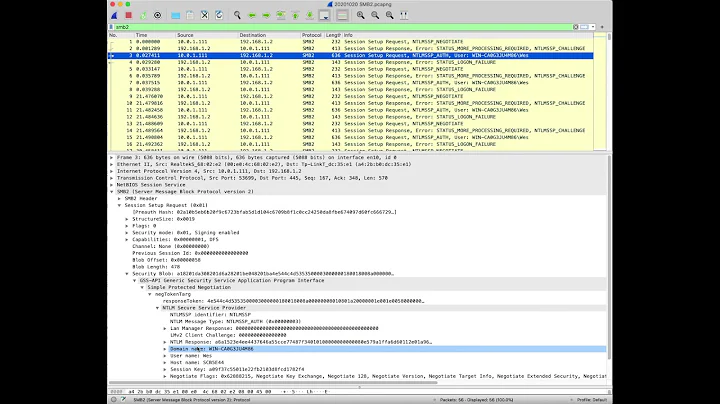Passing hash as values in hidden_field_tag
Solution 1
You actually want/need to 'serialize' a hash using hidden fields.
Add this to your ApplicationHelper :
def flatten_hash(hash = params, ancestor_names = [])
flat_hash = {}
hash.each do |k, v|
names = Array.new(ancestor_names)
names << k
if v.is_a?(Hash)
flat_hash.merge!(flatten_hash(v, names))
else
key = flat_hash_key(names)
key += "[]" if v.is_a?(Array)
flat_hash[key] = v
end
end
flat_hash
end
def flat_hash_key(names)
names = Array.new(names)
name = names.shift.to_s.dup
names.each do |n|
name << "[#{n}]"
end
name
end
def hash_as_hidden_fields(hash = params)
hidden_fields = []
flatten_hash(hash).each do |name, value|
value = [value] if !value.is_a?(Array)
value.each do |v|
hidden_fields << hidden_field_tag(name, v.to_s, :id => nil)
end
end
hidden_fields.join("\n")
end
Then, in view:
<%= hash_as_hidden_fields(:filter => params[:filter]) %>
This should do the trick, even if you have a multilevel hash/array in your filters.
Solution taken http://marklunds.com/articles/one/314
Solution 2
My solution was just to re-create each of param with key-value pair:
<% params[:filters].each do |key,value| %>
<%= hidden_field_tag "filters[#{key}]",value %>
<% end %>
Solution 3
I just wrote a gem to do this called HashToHiddenFields.
The core of the gem is this code:
def hash_to_hidden_fields(hash)
query_string = Rack::Utils.build_nested_query(hash)
pairs = query_string.split(Rack::Utils::DEFAULT_SEP)
tags = pairs.map do |pair|
key, value = pair.split('=', 2).map { |str| Rack::Utils.unescape(str) }
hidden_field_tag(key, value)
end
tags.join("\n").html_safe
end
Solution 4
Here's how I managed to pass a parameter value through my view - that is, from View A through View B and on to the controller:
In View A (index):
<%= link_to 'LinkName', {:action => "run_script", :id => object.id} %>In View B (run_script):
<%= form_tag :action => 'index', :id => @object %> <%= hidden_field_tag(:param_name, params[:id]) %>In the controller:
Just reference params[:param_name] to make use of the value.
The key transition that wasn't documented anywhere I could find is where {... :id => object.id} from View A is passed on to View B as <%... :id => @object %>, which View B then passes on to the controller as (:param_name, params[:id]) through the hidden_field_tag construct.
I didn't see this documented anywhere but after perusing several posts across several sites including this post (whose syntax provided the key inspiration), the solution finally gelled. I've seen the caveats on hidden fields pertaining to security but have found no other way to do this given my current design, such as it is.
Related videos on Youtube
funkymunky
Updated on April 17, 2022Comments
-
funkymunky about 2 years
I am trying to pass some filters in my params through a form like so:
hidden_field_tag "filters", params[:filters]For some reason the params get changed in the next page. For example, if params[:filters] used to be...
"filters"=>{"name_like_any"=>["apple"]} [1]...it gets changed to...
"filters"=>"{\"name_like_any\"=>[\"apple\"]}" [2]note the extra quotations and backslashes in [2] when compared to [1].
Any ideas? I'm attempting to use this with searchlogic for some filtering, but I need it to persist when I change change objects in forms. I would prefer not to have to store it in session.
-
funkymunky over 14 yearsThat did it thanks. This solution should be included in Rails or something.
-
Vlad Zloteanu over 14 yearsYou're welcome :). No, i believe this is not a core functionality, but it would be nice if it wold be included in a plugin.
-
 Chuck Bergeron over 12 yearsSo simple. Works like a charm. Thanks okliv!
Chuck Bergeron over 12 yearsSo simple. Works like a charm. Thanks okliv! -
elsurudo almost 7 yearsAwesome! Should definitely be a part of Rails. Btw has to change
hidden_fields.join("\n")tohidden_fields.join("\n").html_safein Rails 5, so that the HTML doesn't get escaped













